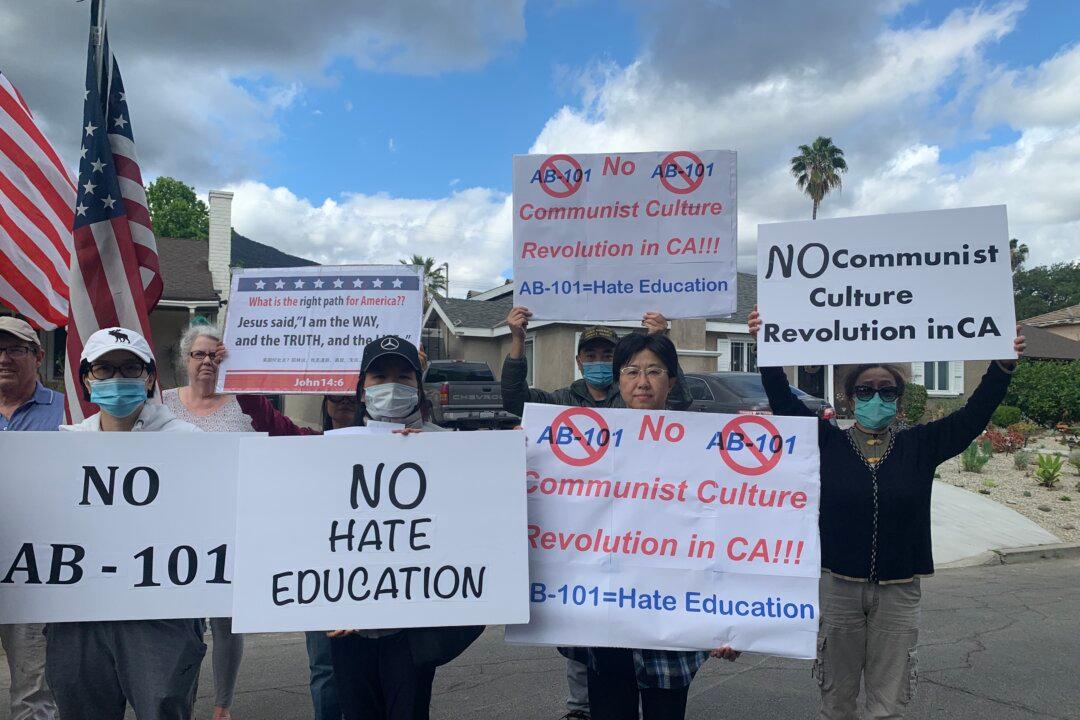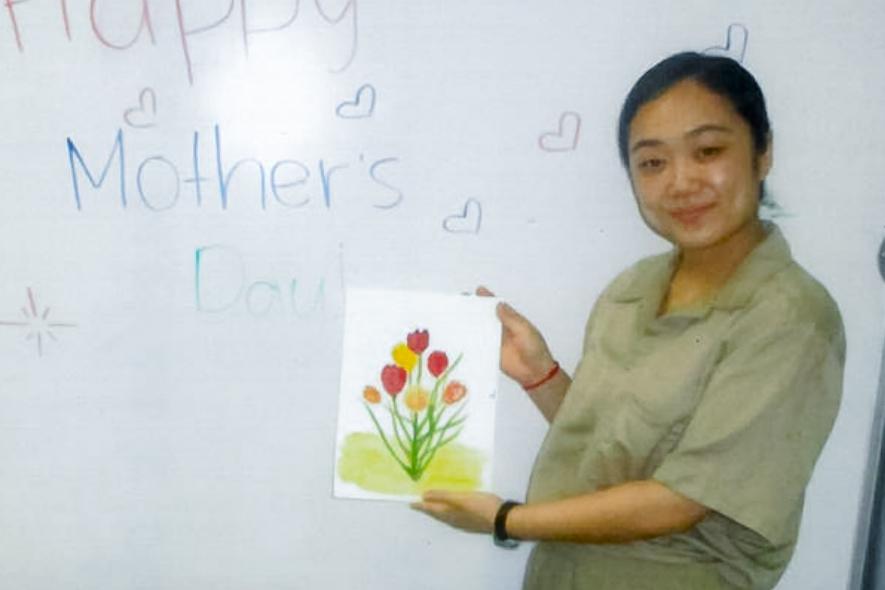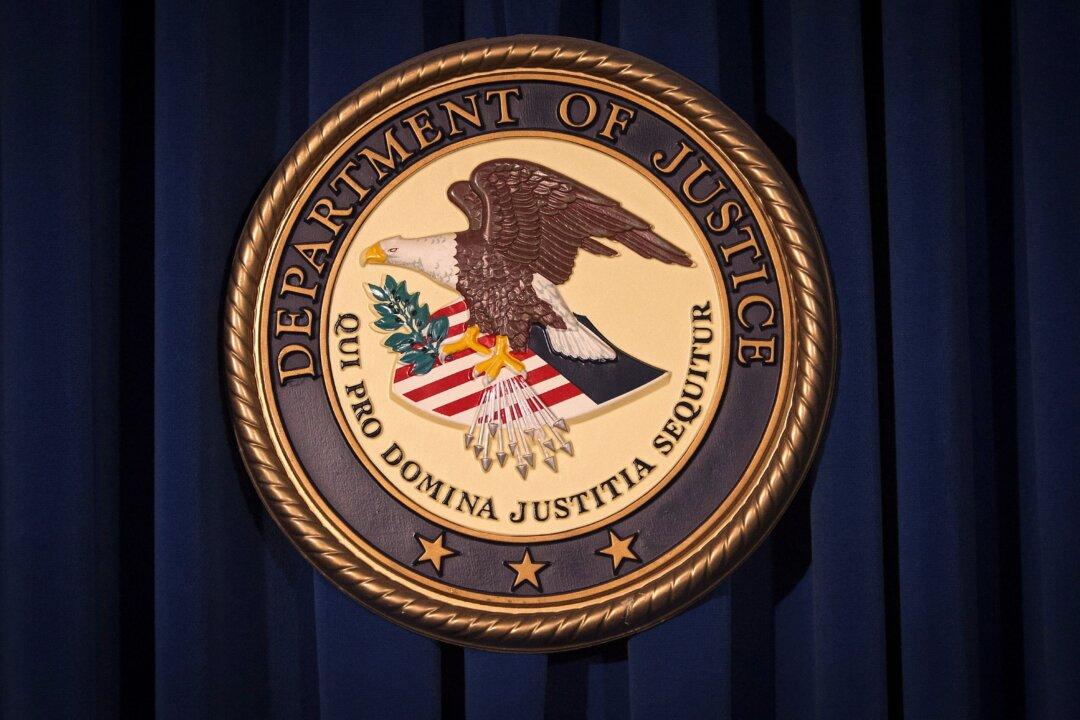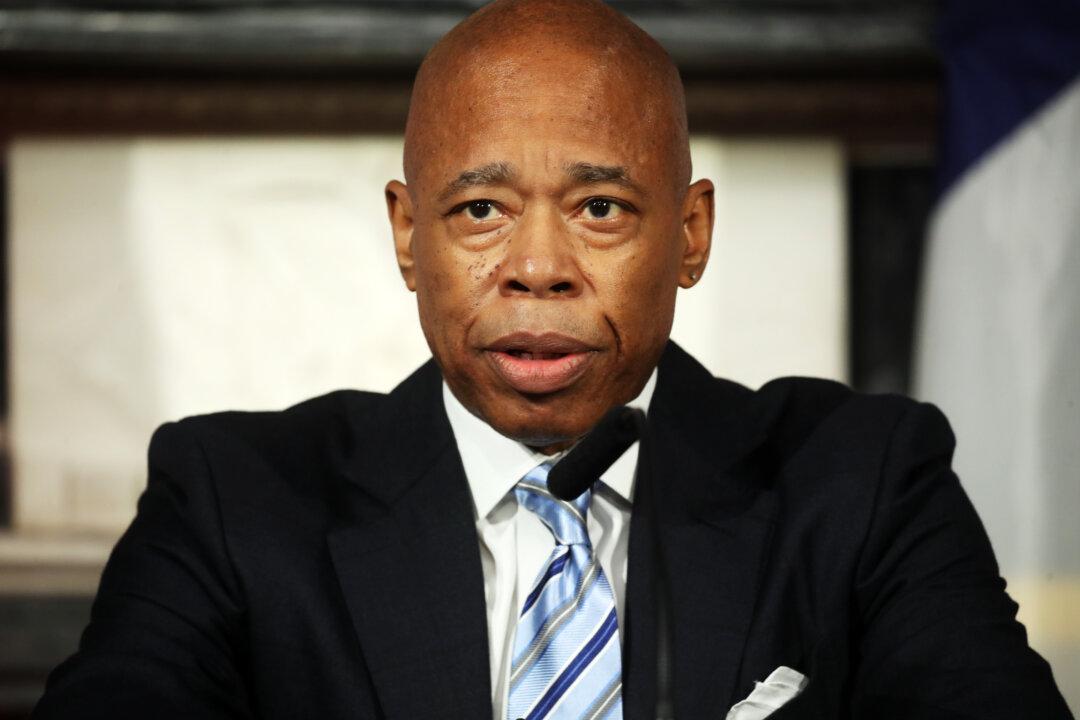Chinese Americans who experienced the Cultural Revolution in China want to educate their American counterparts on what they see as the American version of the Culture Revolution in the 21st century.
Cai Kefeng (Choi Horfung), former president of the Overseas Chinese Writers Association, and Mary Chen, a journalist in New York share their comments and observations of the current cultural climate in America, which has seen some sharp changes in recent months.




